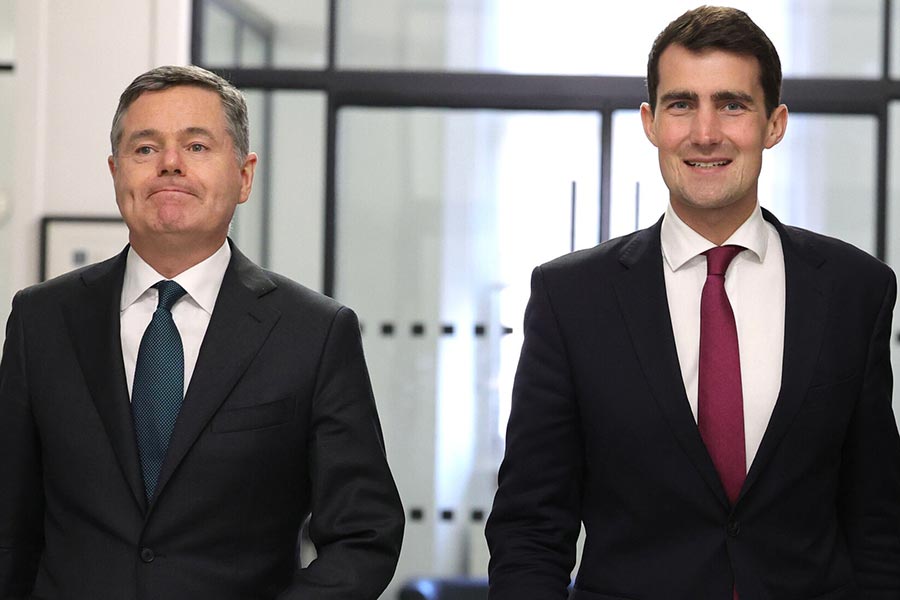The Department of Finance is set to publish the latest Exchequer returns on Wednesday, with July’s figures expected to offer key insights into the health of the Irish economy during the busy summer months.
Economists and tax experts will be closely watching the VAT receipts, which provide a window into consumer spending in May and June — a critical trading period for many hospitality and retail businesses.
“July’s exchequer figures are an important barometer for VAT receipts as they capture returns from May and June, in which many consumer-facing businesses are hoping for strong summer sales”, says Brendan Murphy, Tax Partner at Baker Tilly.
“The VAT figures will give us a clue as to how the closely-watched hospitality sector is performing.
“Strong VAT receipts may indicate Irish people have been spending on hospitality in Ireland, whereas weaker receipts may indicate they have been choosing to holiday abroad.
“Either outcome will influence the debate around the potential return of the 9% VAT rate for the hospitality sector.”
The hospitality sector has been lobbying for the reintroduction of the reduced 9% VAT rate, which was raised to 13.5% last year.
With Budget 2026 due to be announced in October, tomorrow’s figures could prove pivotal in shaping the government's stance.
Murphy also expects continued resilience in income tax returns, reflecting Ireland’s strong labour market.
“We expect income tax returns to remain robust as the economy continues to experience full employment,” Murphy continued.
“The exchequer fundamentals are strong, which is a good position for the Finance Minister to be in ahead of Budget 26.
“However, there remains substantial uncertainty around the impact of tariffs on the economy and in these circumstances we believe strong consideration should be given to a more conservative Budget package.
“A debate of this nature is already underway after the intervention of the Central Bank Governor, and is likely to continue in the weeks ahead and after the Dáil resumes next month.”
The recent warning from the Central Bank over the potential overheating of the economy has already sparked calls for fiscal prudence, and a higher-than-expected surplus could further fuel debate over the scale and focus of tax or spending measures this autumn.
Meanwhile, July’s figures are unlikely to provide a significant update on corporation tax — a notoriously volatile but crucial component of Ireland’s revenue stream.
“For corporation tax, July is a less significant month than June, which saw strong returns. The impact of the new global policy regime on these receipts is unlikely to be seen until 2026, when most companies will make their payments for the 2025 financial year,” Murphy noted.

Corporation tax receipts have surged in recent years, driven by the multinational sector, but uncertainty remains over how international tax reforms, including the OECD’s global minimum tax, will affect Ireland’s long-term corporate tax base.
As Budget 2026 preparations continue behind the scenes, the July Exchequer statement will offer a mid-year checkpoint for policymakers — and may sharpen the focus on how best to balance economic support with longer-term fiscal sustainability.









